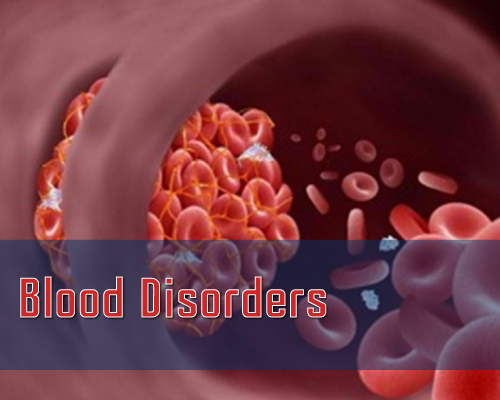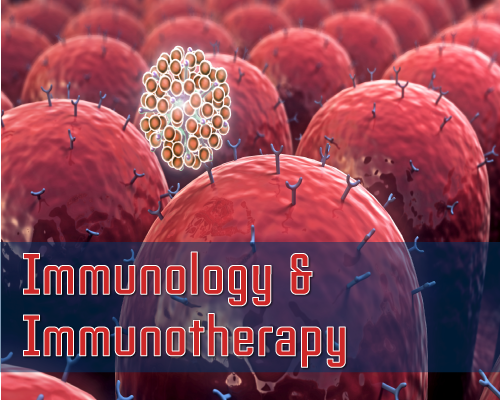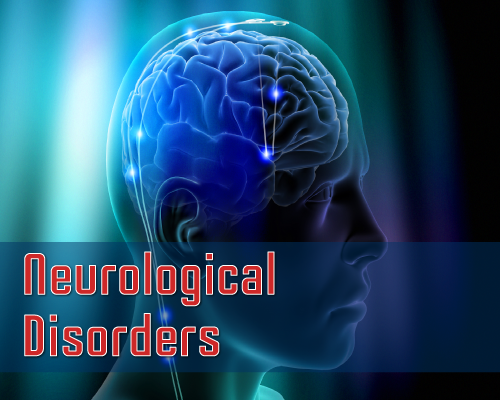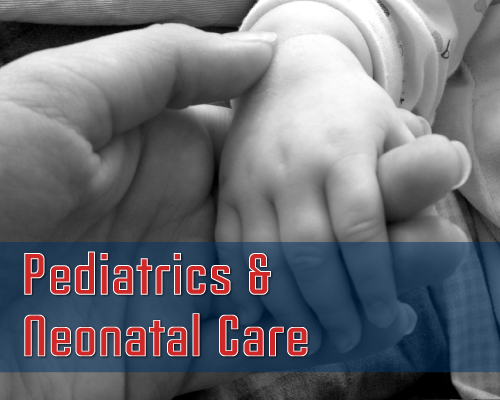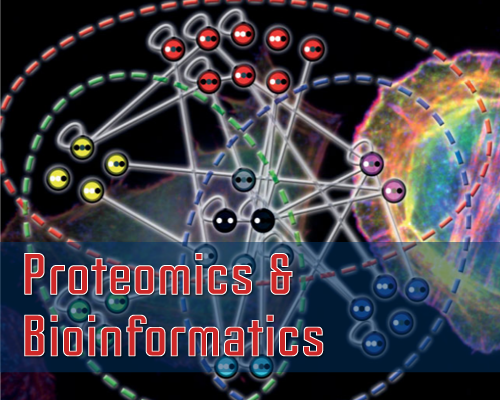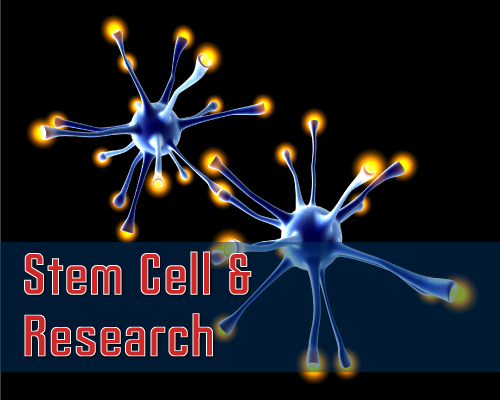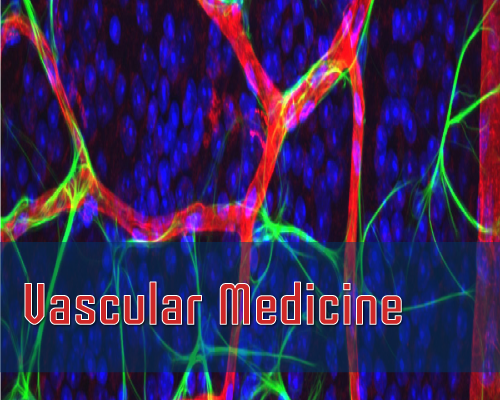Volume 1 Issue 1
Syed Mateen* and Arifuddin Ahmed
Introduction: Postpartum psychiatric disorders are defined as mental disturbances, occurring in women of childbearing age within four weeks of childbirth, which leads to illnesses that create considerable family distress and vulnerability which impairs a woman's capability to do her normal work and manage her baby care. Postpartum depression, which is frequently failed to notice by primary health care providers, has been linked by means of turbulence in the mother-infant association and bonding in the child's cognitive and emotional development.
Materials & Methods: A total of 50 postpartum female who were attending the Owaisi Hospital & Princess ESRA hospital were randomly selected for the present study. Socio demographic data was gathered by using semi structured questionnaire. The SCL-90 is intended to measure symptom intensity on nine different subscales. The HAM-D was widely used to assess symptoms of depression.
Results: Primiparity is associated with greater severity of Somatic, Depressive, Anxiety symptoms. Spontaneous remission or lowering of severity of psychological symptoms is seen through one week to four of postpartum period. Type of delivery was not associated with the severity of psychological symptoms.
Conclusion: Based on our data we found that postpartum period is associated with Somatic, Depressive, and Anxiety symptoms and these symptoms had higher severity in first week of postpartum.
Cite this Article: Mateen S, Ahmed A. Psychiartric Morbidity in Postpartum Women in Hyderabad. Sci J Depress Anxiety. 2017;1(1): 023-027.
Published: 28 December 2017
Chanyi Lu, Hua Zhen Lin, Yao Yao Li and Yun-Feng Zhang*
Depression as one of the most prevalent and life-threatening forms of mental illness affects about 1/5 of the world's population [1], and the number of patients suffering from it is still increasing [2]. The understanding of the pathophysiology and the treatment of this disorder remains greatly challenging to modern medicine. Though many different antidepressants were commercially available during the past years, not all patients were treated satisfactorily accompanied with some potential side effects of these drugs [3,4].
Cite this Article: Lu C, Lin HZ, Li YY, Zhang YF. Making Room for Specific Molecules in the Treatment of Depression. Sci J Depress Anxiety. 2017;1(1): 020-022.
Published: 17 October 2017
Research Article: Spirituality as a Mediator between Adult Depression and Anxiety and Childhood Experiences: A Model Based on Ordered Sequences of Regressions
Jochen Hardt*
Objective: Spirituality has been shown to be associated with various aspects of health. It has also been discussed as an aid in coping with adversities.
Methods: The present investigation examined four dimensions of spirituality - belief in God, mindfulness, quest for meaning and feeling of security - as possible mediators between childhood adversities and adult adaptation. Two samples of n 500 were examined via internet in a retrospective survey.
Results: Two pathways from childhood to adult adaptation via spirituality were detected, one via mindfulness and one via feeling of security. Both pathways began at maternal love, the opposite of emotional neglect. Childhood abuse or physical neglect was not associated with the development of spirituality. Associations were not only linear in nature, but also displayed interactions.
Conclusions: Dimensions of spirituality mediate in a complex way between childhood experiences and adult adaptation. A belief in God is not always protective, but can also constitute a risk factor. A feeling of security shows the strongest protective effect of the dimensions of spirituality that were explored in this study.
Cite this Article: Hardt J. Spirituality as a Mediator between Adult Depression and Anxiety and Childhood Experiences: A Model Based on Ordered Sequences of Regressions. Sci J Depress Anxiety. 2017;1(1): 014-019.
Published: 05 October 2017
Mary V Seeman*
Background: It is known that drugs taken by a mother during pregnancy and lactation have the potential of directly affecting offspring, but little is known about the indirect effects of parental drug-taking on older children, as mediated by the impact of their side effects on parenting quality and by the consequences of social modeling.
Aim: This narrative review describes specific psychotropic-induced effects on parents that have the ability of impacting the health of their children.
Method: Terms pertaining to side effects of psychiatric drugs were searched in the Google Scholar database for linkage with health problems in children.
Results: Potential linkages were found for sedation, mobility, obesity, pain, dizziness, overstimulation, and mental confusion.
Conclusion: Although it may be impossible to distinguish the effect on children's health of parental illness versus treatment of that illness, it is important for clinicians to keep in mind that the adverse effects of drugs can impact not only patients, but also, indirectly, their children.
Cite this Article: Seeman MV. Prescription Drugs Parents Take: Consequences for Children. Sci J Depress Anxiety. 2017;1(1): 008-013.
Published: 27 September 2017
Research Article: Intrapsychic and Interpersonal Behaviours, Anxiety and Depression in Elderly and Adult Women affected by Breast Cancer: a Case-Control Study
Anna Vespa*, Maria Velia Giulietti, Marica Ottaviani, Pisana Gattafoni, Rossana Berardi, Lodovico Balducci, Giuseppe Pelliccioni, Cristina Meloni, Paolo Fabbietti, Mirco De Rosa, Marco Romeo and Roberta Spatuzzi
Introduction: The profile of the anxiety and depression and structure of personality, of elderly and adult women affected by breast cancer have been evaluated.
Materials and methods: case group- 257 breast cancer woman; control group- 206 healthy woman. Questionnaires: Structural Analysis of Interpersonal Behaviour-SASB- intrapsychic processes; IPAT-CDQ- and ASQ depression and anxiety- Tests.
Results: Differences between breast cancer patients (adult and elderly) and control group: medium high levels of depression- CDQ (p < .001) and of anxiety-ASQ (p < .001); Intrapsychic level-SASB: less autonomy in their choices with low acceptance of their own feelings Cl2 (p =.004), CL3 (p < .001), Cl2 (p = .004), CL3 (p < .001), negative control and depression, CL5 (p < .001), Cl6 (p < .001), Cl7 (p = .018), Cl8 (p = .009). Interpersonal level: lower levels of confidence and of acceptance of others (Cl2 p = .004), worse attitude of taking care for others in presence of stressful situation (Cl3 p < .001), more self control towards the others (Cl5 p < .001); they are critical towards the others (Cl6 p < .001), are engaged in destructive behaviours in the physical and emotional dimensions towards the others (Cl7 p = .018) and ignore and neglect the needs and interests of the other (Cl8 p = .009).
Conclusions: The intrapsychic factors as tendency to depression, not to be in touch with their own feelings may be linked to difficulties to face the disease treatment. This intrapsychic modalities knowledge may allows to plan the most appropriate psychotherapeutic intervention to promote a good adaptation to the disease conditions.
Cite this Article: Vespa A, Giulietti MV, Ottaviani M, Gattafoni P, Berardi R, et al. Intrapsychic and Interpersonal Behaviours, Anxiety and Depression in Elderly and Adult Women affected by Breast Cancer: a Case-Control Study. Sci J Depress Anxiety. 2017;1(1): 001-007.
Published: 25 July 2017
Authors submit all Proposals and manuscripts via Electronic Form!


